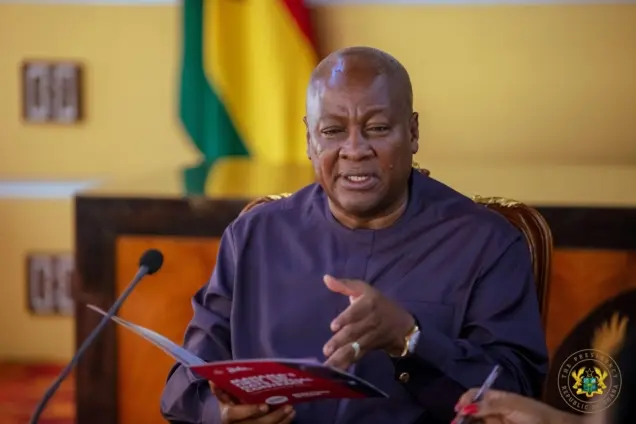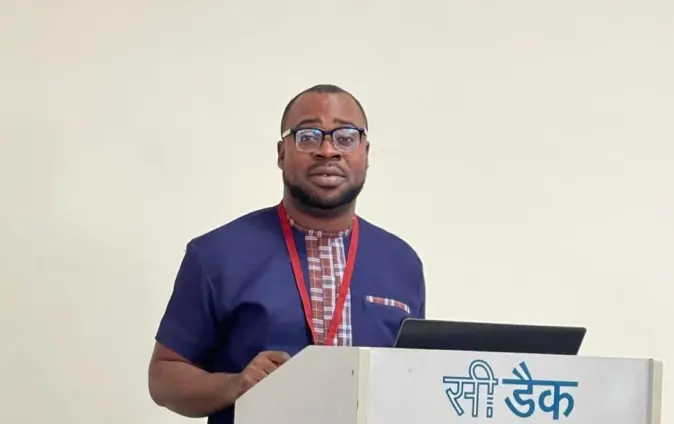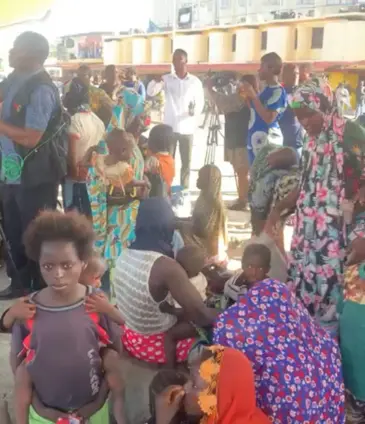For over six decades, African nations have wrestled with balancing self-determination and external influence. Now, from the heart of the continent, a new approach is emerging. The Sahel region is pioneering what some analysts are calling the Sahelian Transition Model (STM), an attempt to redefine governance in the face of persistent challenges. This article explores the potential of the STM to unlock true African sovereignty by examining its core principles, advantages, and potential pitfalls. The central question is whether the Sahel Governance Model offers a viable path forward for a continent seeking genuine self-determination.
The information presented here is derived from expert analysis of current trends in African governance, aiming to provide a balanced perspective on this evolving model.
The dream of a truly independent Africa has been a long and arduous journey, often fraught with disappointments. The post-colonial era saw many African states adopting Western governance models, often with limited success. These models, while theoretically sound, frequently led to elite capture, corruption, and a general erosion of public trust. The question then becomes: Why have these Western models, so successful elsewhere, struggled to take root and flourish in the African context?
The Sahelian Transition Model (STM) arose from the governance failures and external interferences seen most acutely in countries such as Mali, Burkina Faso, and Niger. It presents a stark departure from conventional approaches. Characterized by military-led transitions enjoying significant popular support, the STM prioritizes national resource control and a decisive rejection of foreign control.
One analyst noted, “What is emerging in these countries is a hybrid, sovereignty-driven governance model…rejecting foreign control, debt dependency, and exploitative resource arrangements.” This sentiment captures the essence of the STM—a deliberate effort to chart a new course.
At the heart of the Sahel Governance Model are several core principles. First and foremost is popular sovereignty, manifested through direct legitimacy derived from youth mobilizations and active community engagement. Resource nationalism is another cornerstone, with governments reasserting control over natural resources and redirecting revenue towards local development initiatives. Debt rejection, the refusal to honor debts deemed illegitimate, is also a key feature, with countries seeking alternative funding sources that do not compromise their sovereignty. This approach also emphasizes security-led development, integrating security measures with social services and community development projects, acknowledging the interconnectedness of these areas. And finally, cultural decolonization is integral, promoting local languages, African-centric education, and the embracing of indigenous values.
Consider the case of Burkina Faso under Captain Ibrahim Traoré, a nation grappling with governance failures, persistent insecurity, and growing disillusionment with Western-backed models. Traoré’s reforms exemplify the STM in action: a rejection of neocolonial influence, a prioritization of resource nationalism, and the fostering of civil-military collaboration. Examples include the expulsion of French troops, the review of mining contracts to ensure fairer terms for the nation, and the creation of the “Volunteers for the Defense of the Homeland,” a civilian defense force working alongside the military.
As Traoré himself stated, “Sovereignty begins with food, dignity, and discipline, not slogans.” This underscores the practical, ground-level focus of the STM in addressing the immediate needs of the population.
How does the Sahelian Transition Model (STM) compare to established global governance systems? When evaluated using metrics such as public legitimacy, economic sovereignty, institutional stability, and cultural coherence, the STM presents a mixed bag. Compared to liberal democracy, authoritarian capitalism, and even Gulf monarchies, the STM often excels in generating grassroots legitimacy, reasserting resource control, and fostering cultural coherence.
However, the STM is not without its risks and inherent challenges. The militarized nature of governance raises concerns about potential authoritarianism and the suppression of dissent. The prolonged transitional phases, often lacking clear timelines, can lead to institutional ambiguity and uncertainty. Economic fragility, stemming from dependence on non-Western actors, makes these nations vulnerable to external economic shocks. Civic space is often curtailed, with restrictions on press freedom and the potential suppression of opposing voices. And diplomatic pushback, including regional isolation and sanctions from international institutions, adds another layer of complexity.
What are the broader policy implications of the STM, and what does it suggest about the future of African governance? It signals a clear desire to reclaim the narrative, to move away from simply mimicking external models and towards a process of self-definition. The STM provides a potential framework for African governance that is firmly rooted in indigenous legitimacy and strategic autonomy.
The Sahel Governance Model represents a bold attempt to redefine governance on African terms. While the Sahelian Transition Model carries inherent risks, its emphasis on sovereignty and indigenous values offers a potentially transformative path forward. Whether it becomes a widespread answer to Africa’s governance challenges remains to be seen, but its influence on the African sovereignty narrative is undeniable.
Image Source: MYJOYONLINE






















